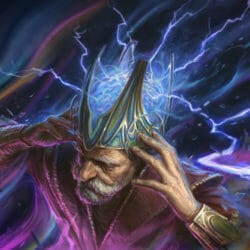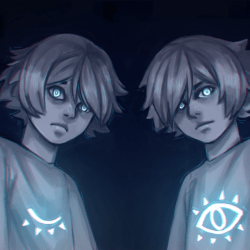During the conversation, the player said to me ‘you know, looking back, I realise I wasn’t really comfortable with some stuff in the game’. Even though most of it was related to a single players actions, that was hard to hear.
Genre Police: Safety Dance
So what can we conclude about safety tools? They are a necessary element, but they need to come as part of a more holistic approach that involves making the table a safe space for all to play.
Genre Police: Working From The Same Playbook
This time we’re going to look at a mechanic that changed the way I look at the process of character creation: the playbook.
Genre Police: Creation Stories
The process of character creation is a framing device. It shows us as players what the game cares about, how we are supposed to navigate it and what is likely to be important going forward.
Genre Police: Bring Me the Horizon
This article is about one of D&D three pillars. The previous articles, an introduction, combat and social pillars.
Genre Police: The Social Dilemma
I’d posit that while social interaction is often the most thrilling or engaging part most RPG games, it’s maybe a difficult master to serve.
Genre Police: Combative Behaviour
The clash of weapons, the thudding of bodies into each other, the split second moments where it can get totally out of hand, the variations of wounds.
Genre Police: Benji Vs The D
It’s time to talk about D&D.
Genre Police: Character Study
When you have a small number of players who want to tell a slightly bigger story or a small group but lots of ideas, you can create a situation where people play more than one character.
Genre Police: Take The Power Back
Let’s talk about control for a minute. Any time one person has a kind of control over another, there’s a power imbalance. This is constantly true about RPGs.









